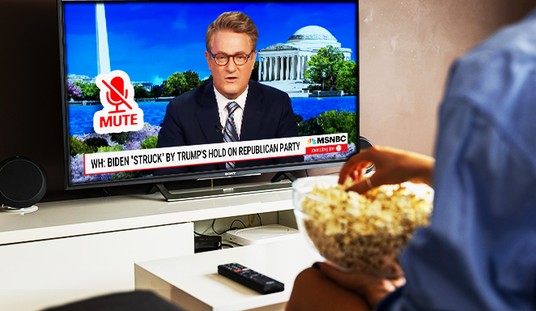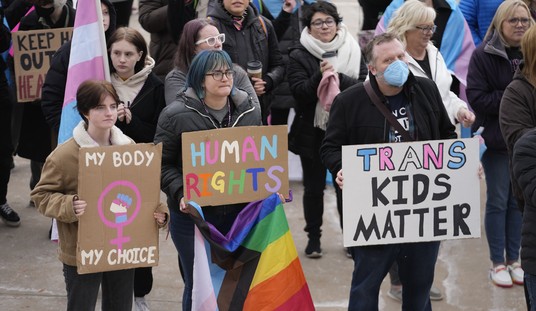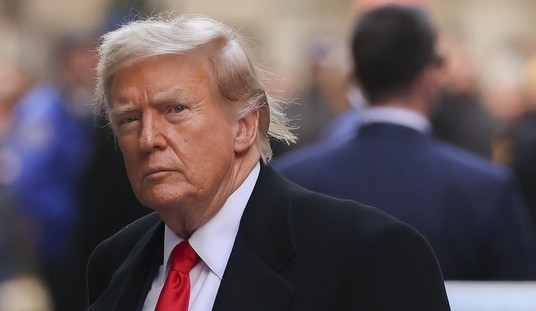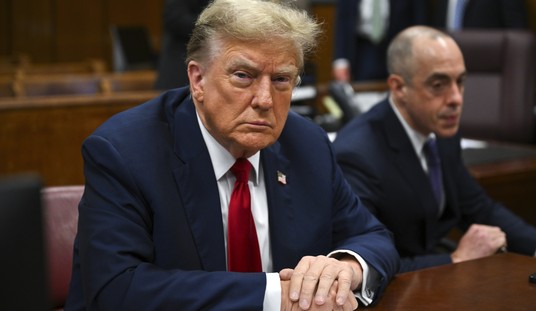It appears that the trillions of dollars that Washington has spent to alleviate poverty since the 1960s have gone for naught.
The AP is reporting that the consensus among economists is that the poverty level will rise to as much as 15.7% of American households, meaning that more people are considered poor today than since the Great Society’s “War on Poverty” began in the 1960s.
The Associated Press surveyed more than a dozen economists, think tanks and academics, both nonpartisan and those with known liberal or conservative leanings, and found a broad consensus: The official poverty rate will rise from 15.1 percent in 2010, climbing as high as 15.7 percent. Several predicted a more modest gain, but even a 0.1 percentage point increase would put poverty at the highest since 1965.
Poverty is spreading at record levels across many groups, from underemployed workers and suburban families to the poorest poor. More discouraged workers are giving up on the job market, leaving them vulnerable as unemployment aid begins to run out. Suburbs are seeing increases in poverty, including in such political battlegrounds as Colorado, Florida and Nevada, where voters are coping with a new norm of living hand to mouth.
“I grew up going to Hawaii every summer. Now I’m here, applying for assistance because it’s hard to make ends meet. It’s very hard to adjust,” said Laura Fritz, 27, of Wheat Ridge, Colo., describing her slide from rich to poor as she filled out aid forms at a county center. Since 2000, large swaths of Jefferson County just outside Denver have seen poverty nearly double.
Fritz says she grew up wealthy in the Denver suburb of Highlands Ranch, but fortunes turned after her parents lost a significant amount of money in the housing bust. Stuck in a half-million dollar house, her parents began living off food stamps and Fritz’s college money evaporated. She tried joining the Army but was injured during basic training.
Now she’s living on disability, with an infant daughter and a boyfriend, Garrett Goudeseune, 25, who can’t find work as a landscaper. They are struggling to pay their $650 rent on his unemployment checks and don’t know how they would get by without the extra help as they hope for the job market to improve.
With the real unemployment rate near 15%, and a record number of Americans receiving food stamps, it is not surprising that those who have lived on the edge of poverty would slip over and be counted among those below the poverty line.
But there are a growing number of middle class Americans who find themselves descending the economic ladder due to underemployment or the inability to find work at all. It is these Americans that make this recession different from past downturns.
How all this plays out politically is anyone’s guess. No doubt many of the newly poor don’t want benefits cut back and would vote for someone who promised them more.
But there are probably a majority who realize that a change in policy is desperately needed and would vote for someone who promised to fix the mess made by Obama. For these voters, Obama’s promises of hope and change is a cruel joke and they will ultimately reject him in November.









Join the conversation as a VIP Member